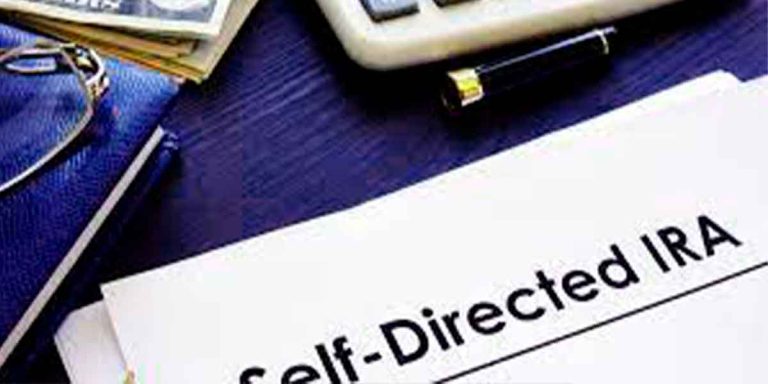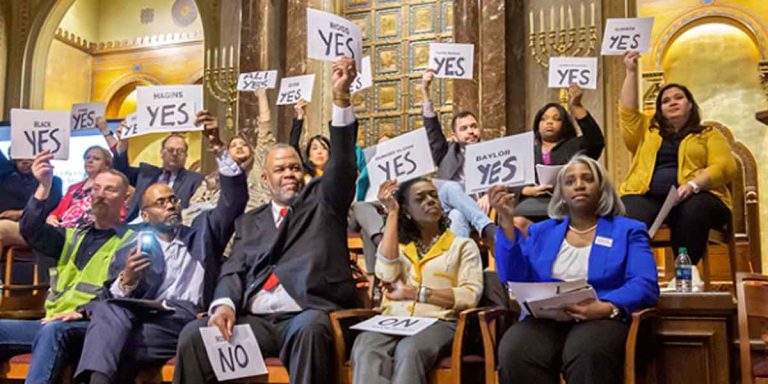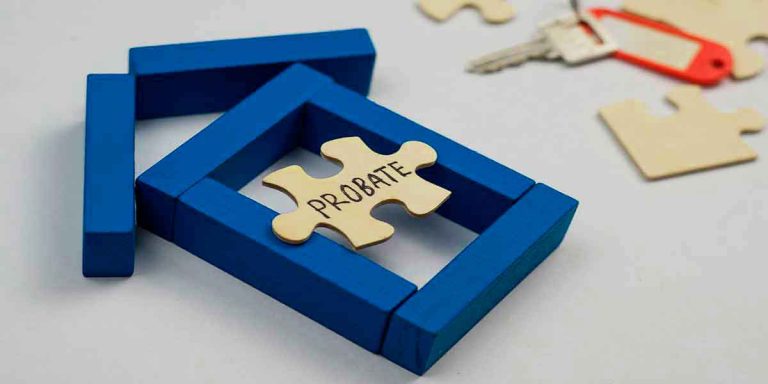
Estate Planning Lawyer Long Island New York
Estate planning connotes the numerous installments made in present time to oversee the proper management and bequest of your estate after you die. It is
Home » Probate Attorney » Page 19

Estate planning connotes the numerous installments made in present time to oversee the proper management and bequest of your estate after you die. It is

Wills, trusts and bequest law enables you to make an arrangement to conclude who will accept your cash and property after you pass on. It

These are just a few reasons to include domain wanting in your New Year’s resolutions. Plan before it’s too late, and review your plan every

What is a self-directed IRA? A self-composed IRA is a sort of traditional or Roth IRA, which infers it grants you to set something to

Four up-and-comers are running for an everywhere seat on the Portland City Council being emptied by Jill Duson, who isn’t looking for re-appointment following twenty

Regardless of the shame and the fear of losing his lagal career as a lawyer, Reid Murtaugh came out openely to declare that he was

Joining a philanthropic board is an amazing and huge responsibility. Numerous philanthropies depend intensely on their board for institutional help that would conventionally be overseen

The establishment of the Tax Reform Act of 2017 is the main redesign of our assessment laws in more than 30 years. The progressions will

A whole lot has changed in the past one year plus in workplaces especially. Employees have had to adjust to new working systems, conditions and

Life may never go back after the influxes of COVID-19. With many Americans having capitulated to the Covid-19 in the U.S., a few of us